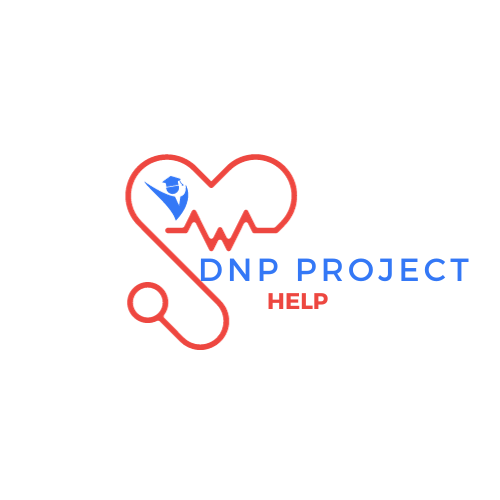
Improving Hospice Nurses Knowledge in Advanced Care Planning
Abstract:
This quality enhancement initiative centered on bolstering hospice nurses’ understanding and assurance in Advance Care Planning (ACP) via an evidence-driven educational intervention. Addressing the hurdles of ACP comprehension and documentation inconsistencies within a hospice in Kansas City, the project sought to foster better communication techniques and create easily understandable patient education resources.
Background:
The rise in “full code” hospice patients alongside significant discrepancies in staff understanding and documentation practices regarding Advance Care Planning (ACP) underscored the necessity for enhanced strategies within hospice care. This project aims to bridge these disparities, acknowledging the pivotal role of ACP in end-of-life (EOL) care. Specifically, it aims to 1) gauge the knowledge and confidence levels of hospice staff before and after an educational program, and 2) assess the impact of the implementation process on the accuracy of ACP documentation.
Implementation plan:
The project employed the Knowledge to Action (KTA) framework and the Johns Hopkins Evidence-Based Practice (JHU-EBP) Model to conduct a pre-post interventional study involving 30 staff members. The educational intervention began with a 30-minute PowerPoint presentation covering essential ACP terminology, state and federal requirements, health literacy, and the utilization of updated patient education materials and digital resources. This aimed to provide staff with effective and standardized communication techniques and resources for ACP discussions. Following this, a 60-minute simulation session involved dialogues among peers and colleagues, emphasizing the practical application of concepts through interactive learning experiences. This holistic approach supported staff in improving their proficiency in initiating and navigating ACP conversations.
Outcomes:
Following the intervention, notable enhancements in knowledge and confidence levels were evident among hospice staff, indicating the efficacy of the educational program in bolstering ACP-related competencies. The practical implications derived from these outcomes underscore the importance of integrating evidence-based training into hospice settings to enrich ACP discussions. A scalable model for developing ACP competencies is proposed, with broader implications for healthcare policy and strategy, aiming to foster improved communication and consistent language surrounding ACP across the healthcare spectrum.
Keywords:
Hospice Nurses, ACP, Advanced Directives, Evidence-Based Education, Knowledge, Confidence, Quality Improvement, EOL, Communication, Continuing education in service.



